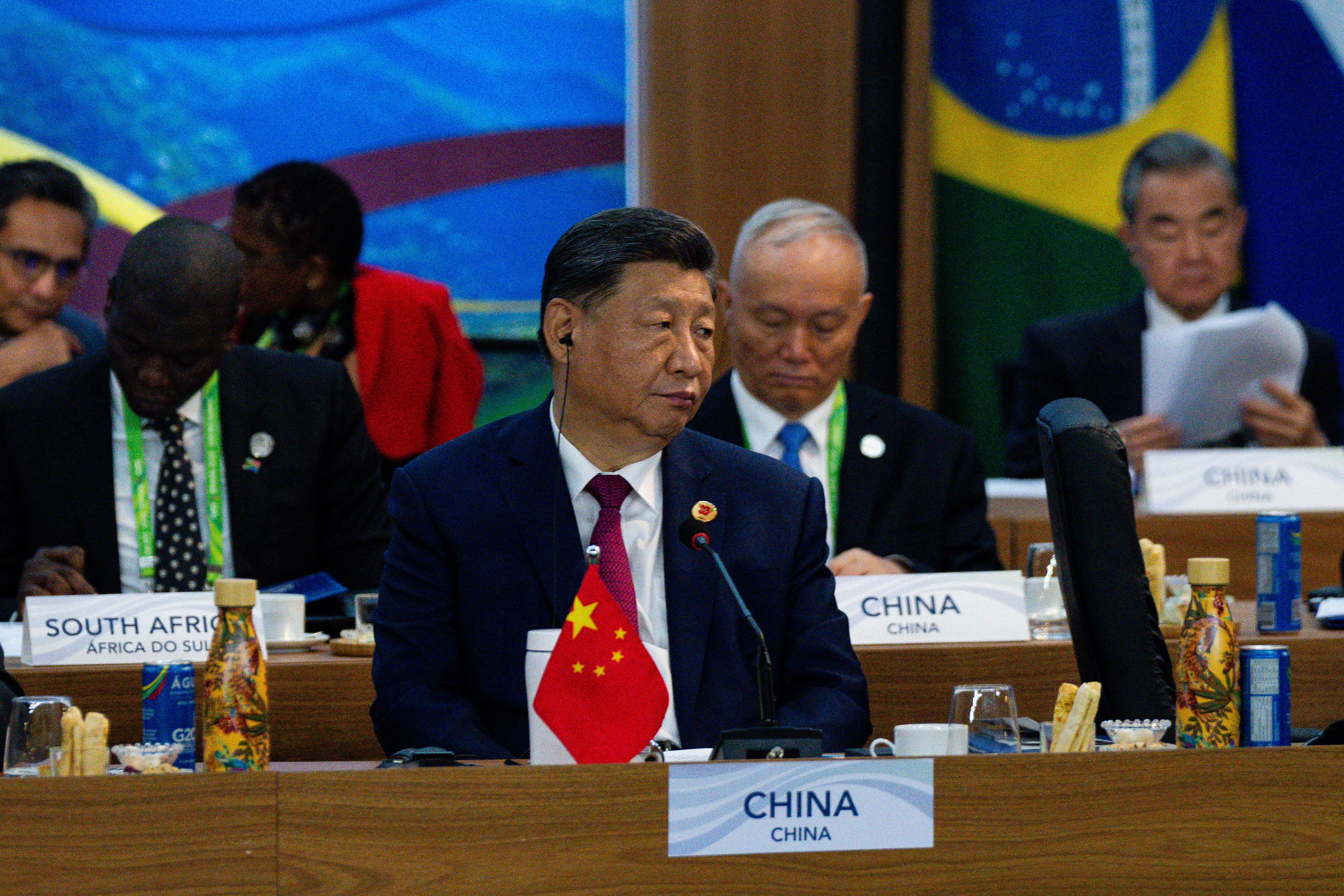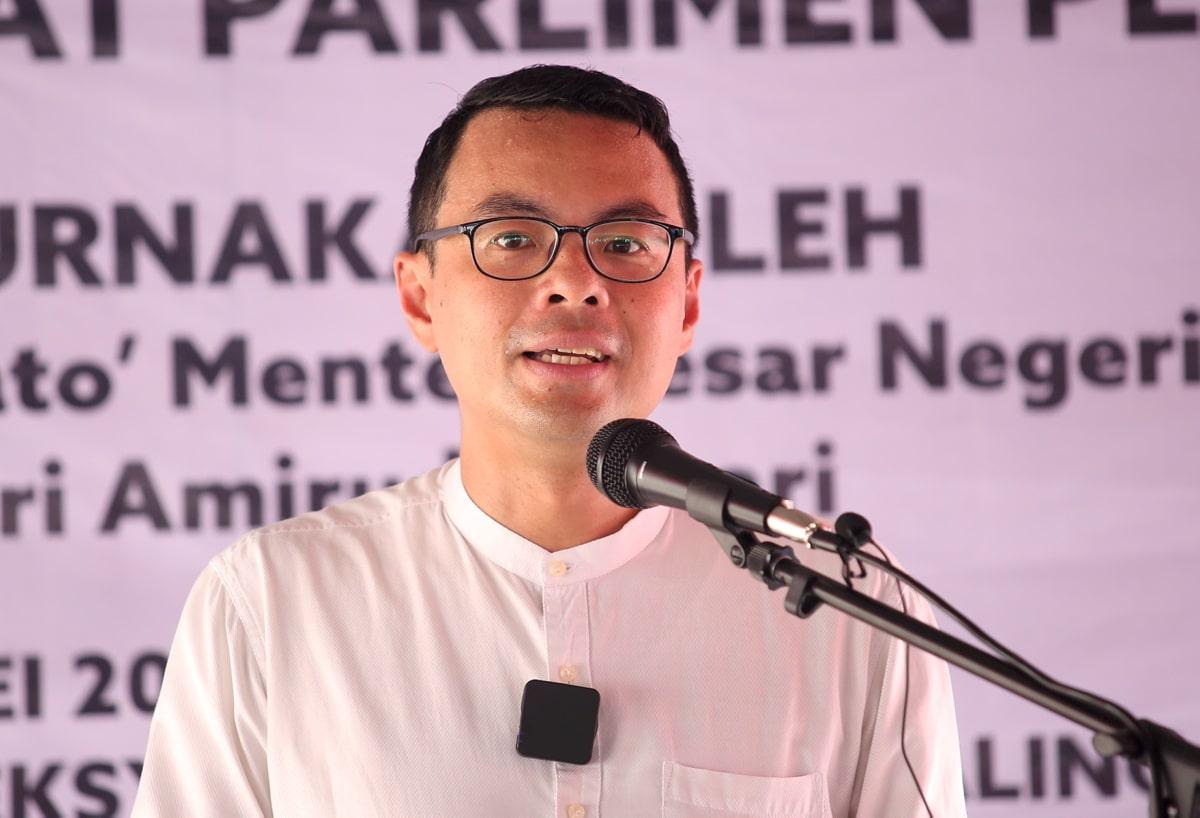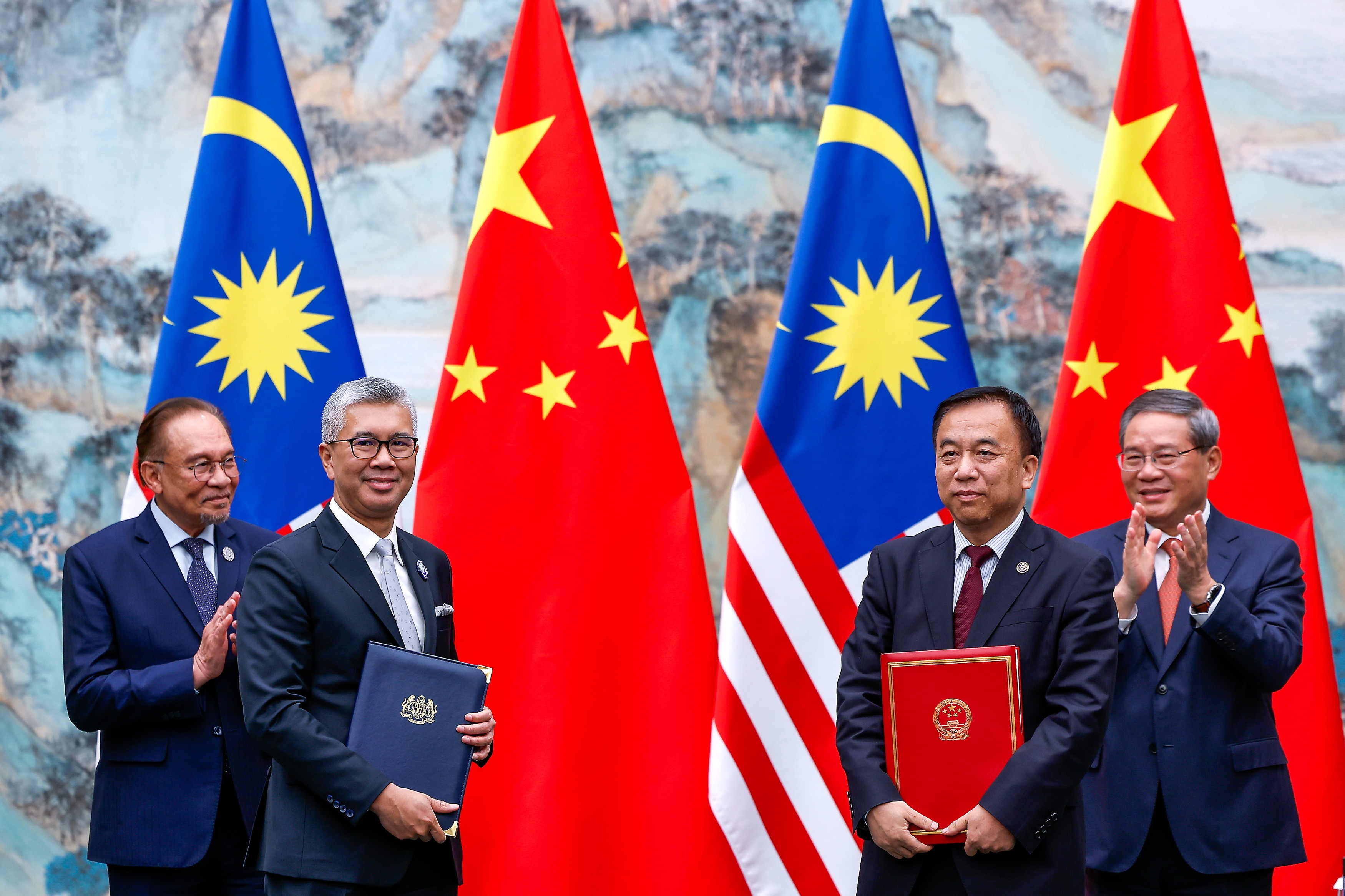RIO DE JANEIRO, Nov 18 — Leaders of the Group of 20 (G20) major economies were set to meet on Monday in Brazil for their annual summit, bracing for a shift in the global order with the return to power of United States (US) President-elect Donald Trump.
Discussions of trade, climate change, and international security will run up against sharp US policy changes that Trump vows upon taking office in January, from tariffs to the promise of a negotiated solution to the war in Ukraine.
While US President Joe Biden arrives as a lame duck with just two months remaining in the White House, China's President Xi Jinping will be a central player at a G20 summit riven with geopolitical tensions amid the wars in the Gaza Strip and Ukraine.
"It is not only geopolitics that is causing us concern but also that China's role, its economic and financial role, is very prominent in many issues," said a German official, who requested anonymity to discuss the diplomatic tensions freely.
While China has been in Russia's camp on Ukraine, Germany believes Beijing will find that position harder to sustain as the conflict has become "globalised" with Russia's deployment of North Korean troops bringing it "to China's doorstep," another official said.
Diplomats drafting a joint statement for the summit's leaders have struggled to hold together a fragile agreement on how to address the escalating Ukraine war, even a vague call for peace without criticism of any participants, sources said.
A massive Russian air strike on Ukraine on Sunday shook what little consensus they had established, with European diplomats pushing to revisit previously agreed language on global conflicts.
The US responded to the Russian attack by lifting prior limits on Ukraine's use of US-made weapons to strike deep into Russia.
[caption id="attachment_380298" align="aligncenter" width="1181"] United States President Joe Biden disembarks from Air Force One as he arrives in Rio de Janeiro, Brazil, for the G20 Summit, on November 17, 2024. — Picture by REUTERS[/caption]
United States President Joe Biden disembarks from Air Force One as he arrives in Rio de Janeiro, Brazil, for the G20 Summit, on November 17, 2024. — Picture by REUTERS[/caption]
Brazilian officials recognised that their agenda for the G20, focused on sustainable development, taxing the super-rich and fighting poverty and hunger could soon lose steam when Trump starts dictating new global priorities from the White House.
Brazil's push for a reform of global governance, including multilateral financial institutions, may also hit roadblocks with Trump, Brazilian officials said.
"Trump has no appreciation for multilateralism. I do not see many possibilities of a Trump administration engaging in these issues or showing any interest in them," a source at Brazil's finance ministry told Reuters on condition of anonymity.
Xi is expected to tout China's Belt and Road initiative as it exerts its economic ascendancy. Brazil has so far declined to join the global infrastructure initiative, but hopes are high for other industrial partnerships when Xi wraps his stay in the country with a state visit in Brasilia on Wednesday.
Brazil's decision not to join was "a big blow to relations," said Guangdong Institute of International Strategies professor Li Xing, affiliated with China's Foreign Affairs Ministry.
"China was very disappointed," he said.
Trade talks around the G20 will be stoked by concerns of an escalation in the US-China trade war, as Trump plans to slap tariffs on imports from China and other nations.
Trump's tax-cutting verve will add to headwinds for Brazil's efforts to discuss taxation of the super-rich, an issue dear to Brazil's President Luiz Inácio Lula da Silva who put it on the G20 agenda.
Trump's newest ally in Latin America, libertarian Argentine President Javier Milei, has already drawn a red line on the issue. Argentina's negotiators refused to approve mention of the issue in the summit's joint communique, diplomats said.
— Reuters
[caption id="attachment_380299" align="aligncenter" width="1062"] (from left to right) Brazil's President Luiz Inácio Lula da Silva greets Italian Prime Minister Giorgia Meloni as she arrives ahead of the G20 Summit in Rio de Janeiro, Brazil, on November 17, 2024. — Picture by REUTERS[/caption]
(from left to right) Brazil's President Luiz Inácio Lula da Silva greets Italian Prime Minister Giorgia Meloni as she arrives ahead of the G20 Summit in Rio de Janeiro, Brazil, on November 17, 2024. — Picture by REUTERS[/caption]








